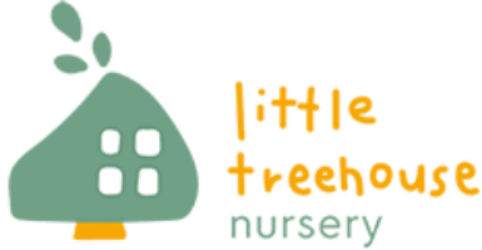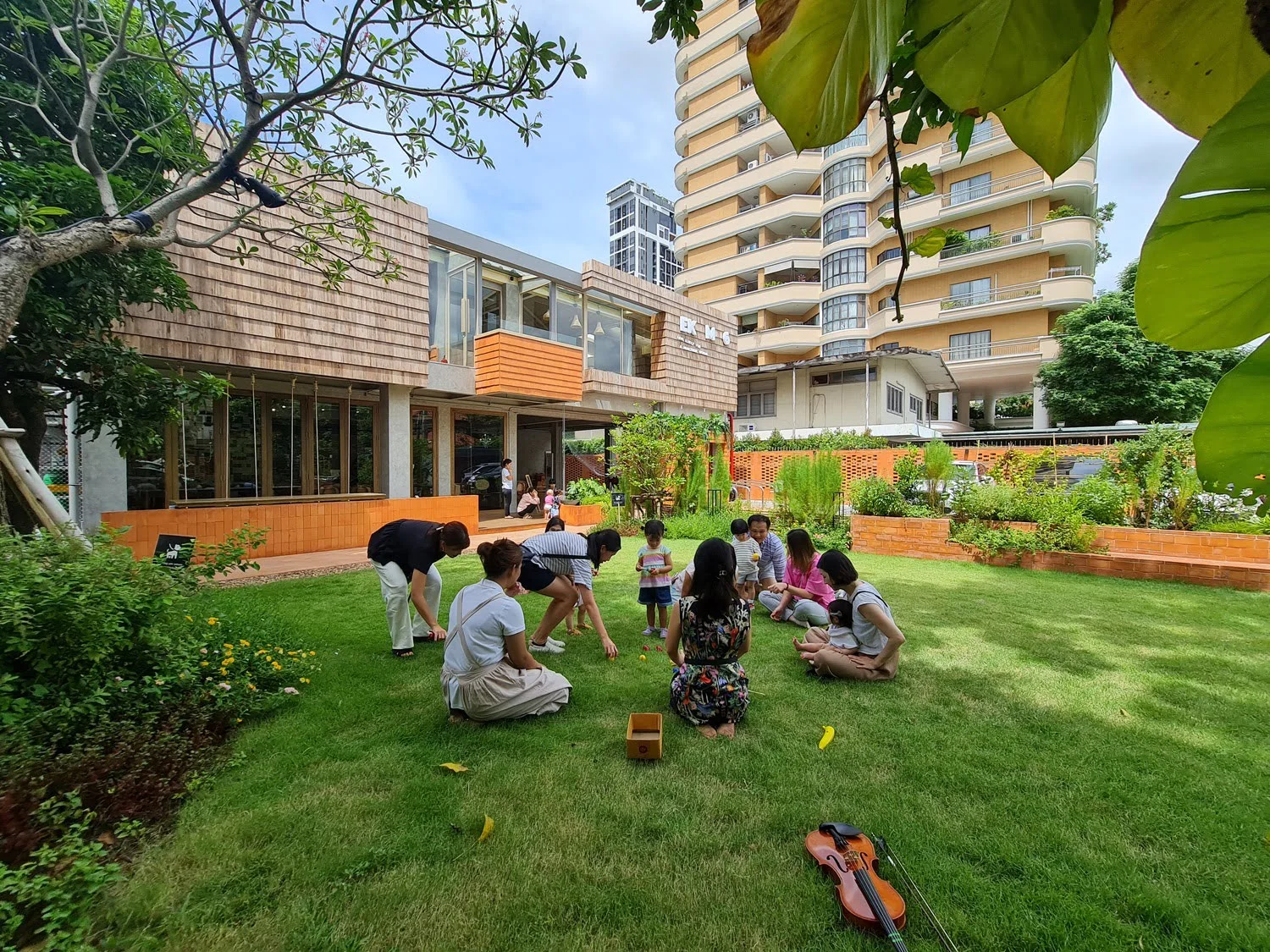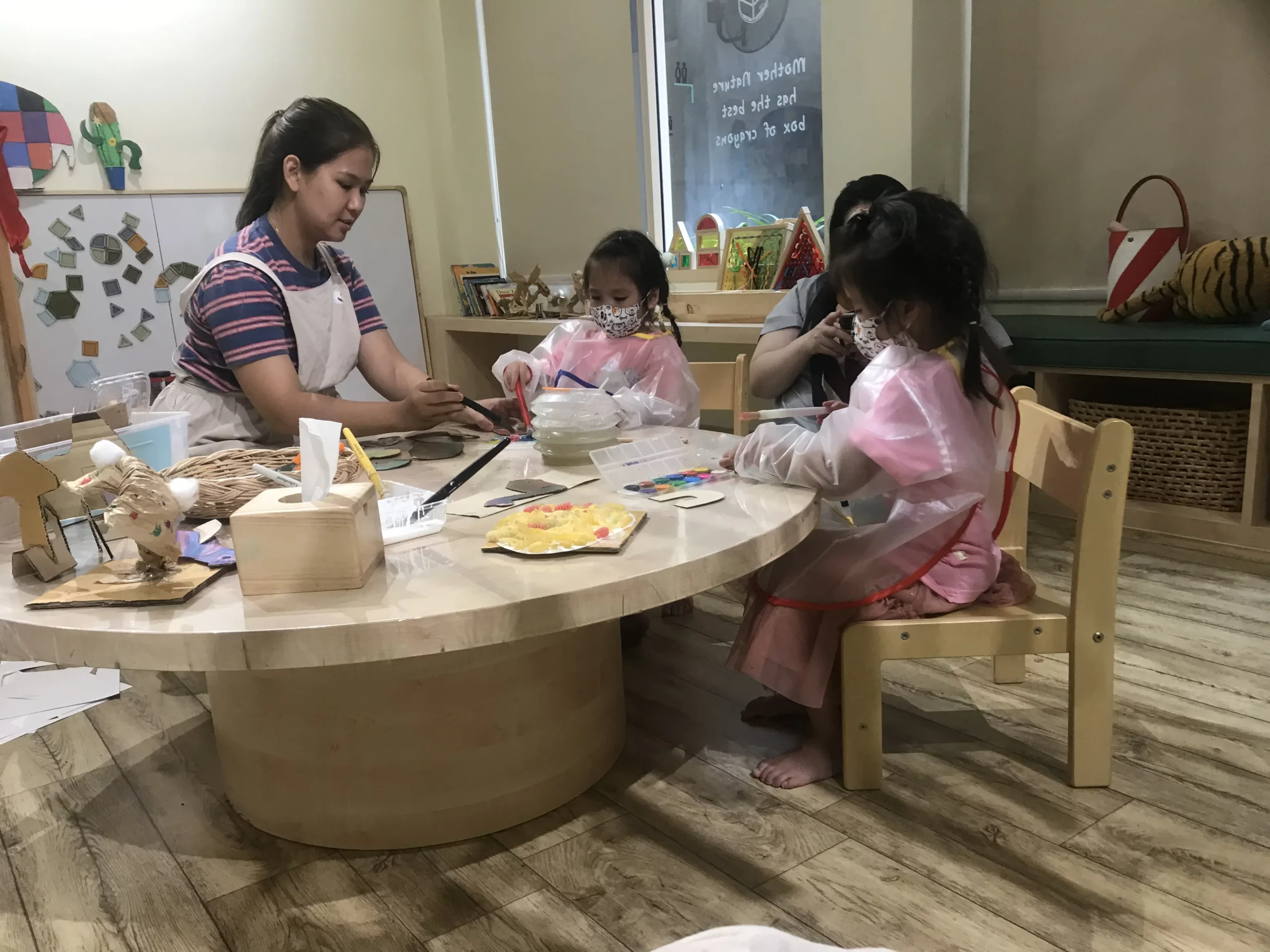The transition into kindergarten is a critical step in early childhood education, marking a time when children explore new skills, learn social behaviors, and grow in a structured environment. Understanding why kindergarten is important helps parents recognize its role in preparing young learners for success. At Little Treehouse Nursery, we believe kindergarten plays a foundational role in cognitive and social development, setting children up for future academic and personal success.
Key Reasons Why Kindergarten is Important
1.Early Academic Skills
Kindergarten introduces children to essential academic skills like reading, writing, and early math concepts. These basics give children the foundation they’ll need for success in future schooling, making kindergarten a crucial first step in their academic journey.
2. Social and Emotional Development
Kindergarten is important for helping children learn how to interact with peers, manage emotions, and resolve conflicts. Through group activities, kids develop social skills that will benefit them in school and beyond.
3. Independence and Confidence
Kindergarten encourages independence as children navigate a structured setting. The experience of completing small tasks on their own boosts confidence and builds resilience.
4. Physical Coordination and Motor Skills
Through play and physical activities, kindergarten improves children’s coordination and motor skills, which are important for later activities and academics.
5. Curiosity and Creativity
Kindergarten fosters curiosity and creativity, encouraging children to explore and ask questions. This early emphasis on inquiry supports a love for learning that can last a lifetime.
Kindergarten at Little Treehouse Nursery
At Little Treehouse Nursery, we know why kindergarten is important and design our program to maximize growth in a supportive and nurturing environment. Our kindergarten classes help children gain the skills they need while having fun, building a strong foundation for their educational journey.
FAQs
Kindergarten in Thailand typically includes children aged 3 to 5 years, with most starting formal kindergarten at age 3.
Children in Grade 5 in Thailand are generally around 10 to 11 years old.
The school year in Thailand typically starts in May and runs through March, with a break in October.
In kindergarten, children are generally between 3 to 5 years old.
Many educational guidelines suggest that children start kindergarten between the ages of 4 and 6, depending on their readiness and local regulations.
A 6-year-old is typically in Grade 1.
Kindergarten curriculum is generally designed for children ages 4 to 6.
Yes, kindergarten generally includes children aged 4 to 6 years.
Preschool often starts between ages 3 and 4, allowing children to build social and basic academic skills before kindergarten.
The oldest kindergarten students are usually around 6 years old, depending on local cut-off dates and individual readiness.
In “Kindergarten 2,” children are typically 5 years old, as they are in their second year of kindergarten.
Kindergarten typically serves children ages 4 to 6, a crucial period for social, emotional, and cognitive development.
Children are usually 5 or 6 years old by the end of kindergarten.
Kindergarten is not mandatory in Thailand, but many children attend to prepare for primary school.
Preschool in Thailand typically starts at age 3.
Grade levels in Thailand generally correspond to ages starting from around 6 for Grade 1, increasing by one year per grade level.




Leave a reply